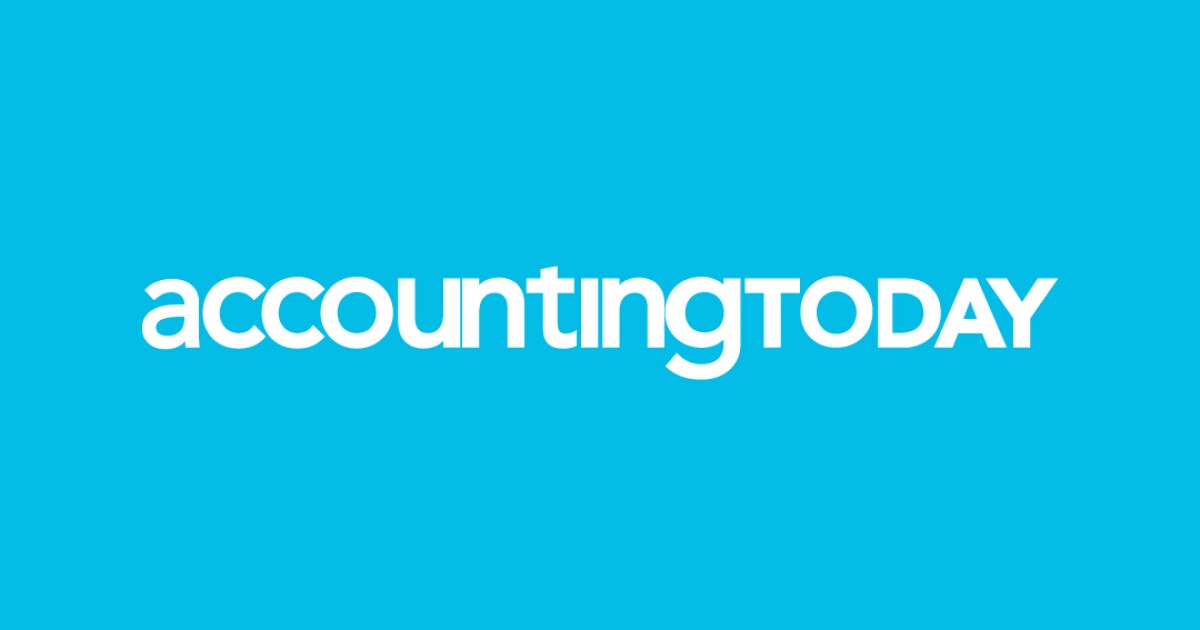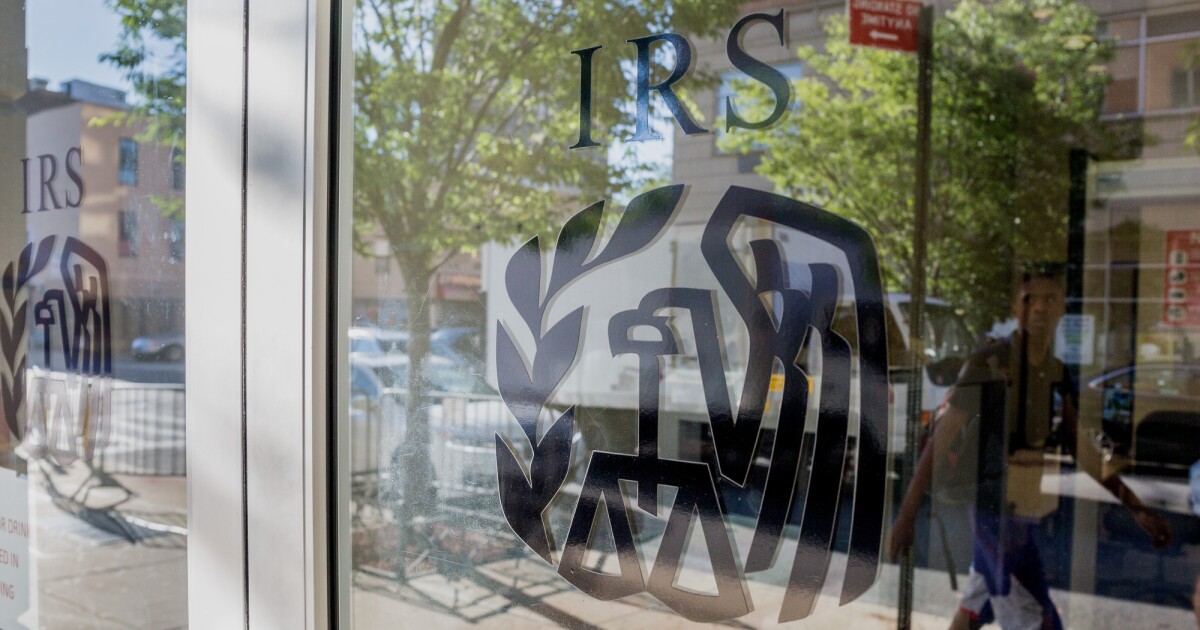In recent years, there’s been growing concern about the future of accounting. Discussions around AI replacing accountants, overworked staff and the ongoing talent shortage have all contributed to a less-than-ideal perception of the profession.
But I believe in the future of accounting, and I also believe that it’s up to us, as accountants, to make it great again.
The question is: Where do we begin? The first and most important thing is to start sharing the amazing opportunities that this career has to offer.
Because, after all, accounting is more than just numbers.
Accounting builds a foundation for flexibility and success
Far too often, accountants get put into a box, and people assume this is a single-path career. But that is far from reality.
In fact, some of the most recognizable and successful names in business, like Arthur Blank (Home Depot), Phil Knight (Nike) and John D. Rockefeller, all began their careers as accountants.
Today, they are among the most respected business leaders in the world.
Undoubtedly, their accounting skills helped pave the way for their success.
After all, accounting is more than just number crunching — it’s understanding the language of business. As you pursue an accounting degree, you develop skills and expertise that open the door to a wide range of career opportunities, many of which can be quite lucrative.
We need to start sharing how:
- Accounting teaches valuable skills, such as financial literacy, attention to detail and problem-solving. These are in-demand skills that are crucial for any career.
- Accounting equips you with the tools and knowledge you need to succeed, whether you want to continue working as a public accountant, transition to an executive role or launch your own business. Your ability to develop creative solutions to tough problems and your meticulous nature will serve you well in any field or in the pursuit of your own entrepreneurial venture.
- Accounting can serve as an entrepreneurial springboard, allowing you to pivot into a variety of industries or launch your own operation. After all, accounting helps you understand some of the most important financial aspects of running a business, like cash flow and managing finances, to drive business growth. An estimated 82% of businesses fail because of cash flow problems, so your accounting skills will give you a significant advantage.
- Accounting pays well. I just read a post from Dave Ramsey on the top careers of millionaires. Accountant (CPA) ranked number two on this list. Yet, we don’t see many people talking about this.
Even if your goal is to stay in public accounting, it’s important to remember that large firms aren’t the only path to a successful career. There are countless other firms that offer the work-life balance you crave. At my firm, for example, we encourage our team to take vacations, pursue hobbies and achieve personal goals.
And as technology continues to evolve, more firms will offer a better work-life balance as mundane tasks become automated.
Accounting can open the door to so many opportunities, but as an industry, we have a serious messaging problem when it comes to the future of our profession.
Contrary to what you’ve heard, accounting is not extinct
It’s a common misconception that accounting is becoming obsolete. Yes, there’s a talent shortage. Yes, technology is rapidly evolving. But neither of these things will render the accounting profession obsolete.
The reality is that demand for accountants is on the rise, and as the profession continues to evolve, demand will continue to rise.
Let’s put a few things into perspective.
- Many accountants are approaching retirement age. While this contributes to the talent shortage, it also creates massive opportunities for anyone entering this profession right now. Projections show that the accounting profession could have a deficit of over 3.5 million accountants by 2025.
- Technology is rapidly evolving, but it’s not replacing accountants. Technology is helping accountants pivot their focus to more meaningful and rewarding work. Successful firms are leveraging technology to elevate the value they provide to their clients. Only 8% of firms are using AI right now, and they are using it primarily to streamline mundane tasks — nothing more.
Far too many would-be accountants are being turned away from this career path because they believe it’s on the path to extinction. But a shift in perspective allows you to see the true potential of this career and the wealth of opportunities it provides.
So, where do we go from here?
To make accounting great again, we must come together as professionals and spread the word about the vast opportunities that accounting offers. Whether you prefer to stay in public accounting or use your knowledge to springboard into new industries, there are so many pathways to build the life you want and dream of with an accounting degree.
But how do we spread the word and shift the perspective on the future of accounting?
- We must become a voice for the future and promote the great things that can come from this profession — both online and offline.
- We must shed light on the firms that are doing incredible things for those who want to stay in this profession. Yes, there are still firms that have toxic work cultures, but not all firms are like this. Those that offer great work-life balance can help attract more professionals to this field.
- We must remind aspiring accountants that there are other avenues they can explore outside of accounting, including the entrepreneurial route.
As accounting professionals, we have a responsibility to shift the message and show aspiring accountants that this career path offers virtually unlimited growth in almost any field you can imagine.
The future of accounting is bright
The accounting profession is far from extinction. In fact, it’s an industry that offers flexibility and limitless opportunities, whether you want to become a partner at a firm, pivot into a new industry or even start your own business. The knowledge and skills you gain as an accountant will equip you with the tools you need to succeed wherever life takes you.
Let’s make accounting great again by embracing its true potential and sharing it with others. I am committed to this goal, and I hope you’ll join me.


 Economics1 week ago
Economics1 week ago
 Accounting1 week ago
Accounting1 week ago
 Economics1 week ago
Economics1 week ago
 Economics1 week ago
Economics1 week ago
 Personal Finance1 week ago
Personal Finance1 week ago
 Blog Post4 days ago
Blog Post4 days ago
 Economics5 days ago
Economics5 days ago
 Personal Finance7 days ago
Personal Finance7 days ago











